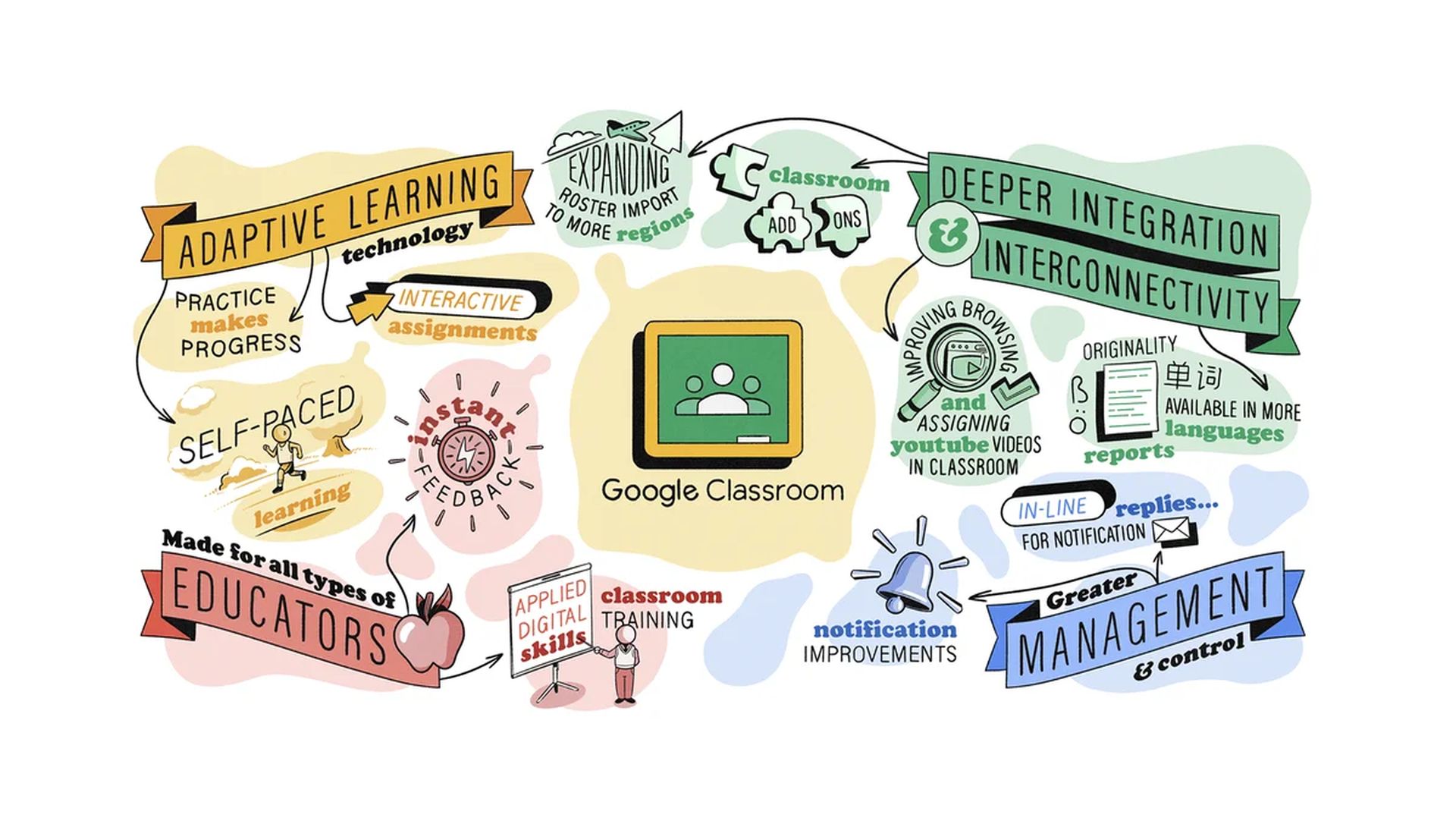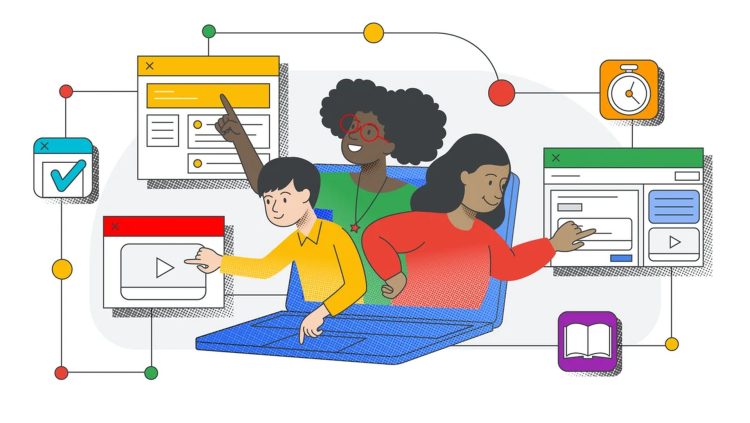Google Search Labs, a program that allows users to test early-stage features, is piloting a new tool called “Speaking Practice.” This AI-powered feature aims to enhance conversational English skills through interactive exercises.
Speaking Practice builds upon a previous feature launched in October 2023. That feature offered English learners the opportunity to practice speaking sentences in context and receive feedback on grammar and clarity.
The new feature takes this concept a step further by introducing a conversational element, allowing users to engage in simulated back-and-forth exchanges.
What is Google speaking practice?
Google Speaking Practice is an AI-powered tool currently in pilot testing through Google Search Labs. Designed to help users improve their English conversation skills, it offers interactive exercises that simulate real-life dialogues.
According to TechCrunch, Speaking Practice is in its experimental phase. Google is testing the feature with a limited group of users in:
- Argentina
- Colombia
- India
- Indonesia
- Mexico
and Venezuela.
These users are part of the Google Search Labs program, which grants them access to try out new and evolving functionalities within Google Search.
The limited rollout allows Google to gather valuable feedback from a diverse range of users. This data will be crucial in refining Speaking Practice and ensuring it effectively addresses the needs of English learners across different backgrounds and proficiency levels.
How does Speaking Practice work?
The specifics of how the new feature functions haven’t been fully disclosed by Google. However, based on user reports and educated guesses, we can make some inferences. It’s likely that Speaking Practice employs an AI chatbot to simulate conversations with the user.
The AI chatbot might initiate the conversation by posing a question or prompting the user with a statement. The user would then respond verbally, and the AI would analyze their response. This analysis could include aspects like fluency, pronunciation, vocabulary usage, and adherence to grammar rules.

Tailored learning for individual needs
While the exact functionalities remain under wraps, it’s possible that Speaking Practice goes beyond basic conversation practice. The AI might adapt the difficulty and subject matter of the conversation based on the user’s performance.
For instance, if the user struggles with specific vocabulary or grammatical structures, the AI could steer the conversation towards topics that provide opportunities to practice those areas. This personalized approach could significantly enhance the effectiveness of Speaking Practice as a learning tool.
The future of Speaking Practice hinges on the success of the current pilot program. If Google gathers positive user feedback and the data indicates its effectiveness, we can expect a wider rollout in the future. Additionally, Google might introduce new features based on user feedback, such as the ability to choose conversation topics or receive more detailed feedback on specific aspects of their spoken English.
Featured image credit: Google





